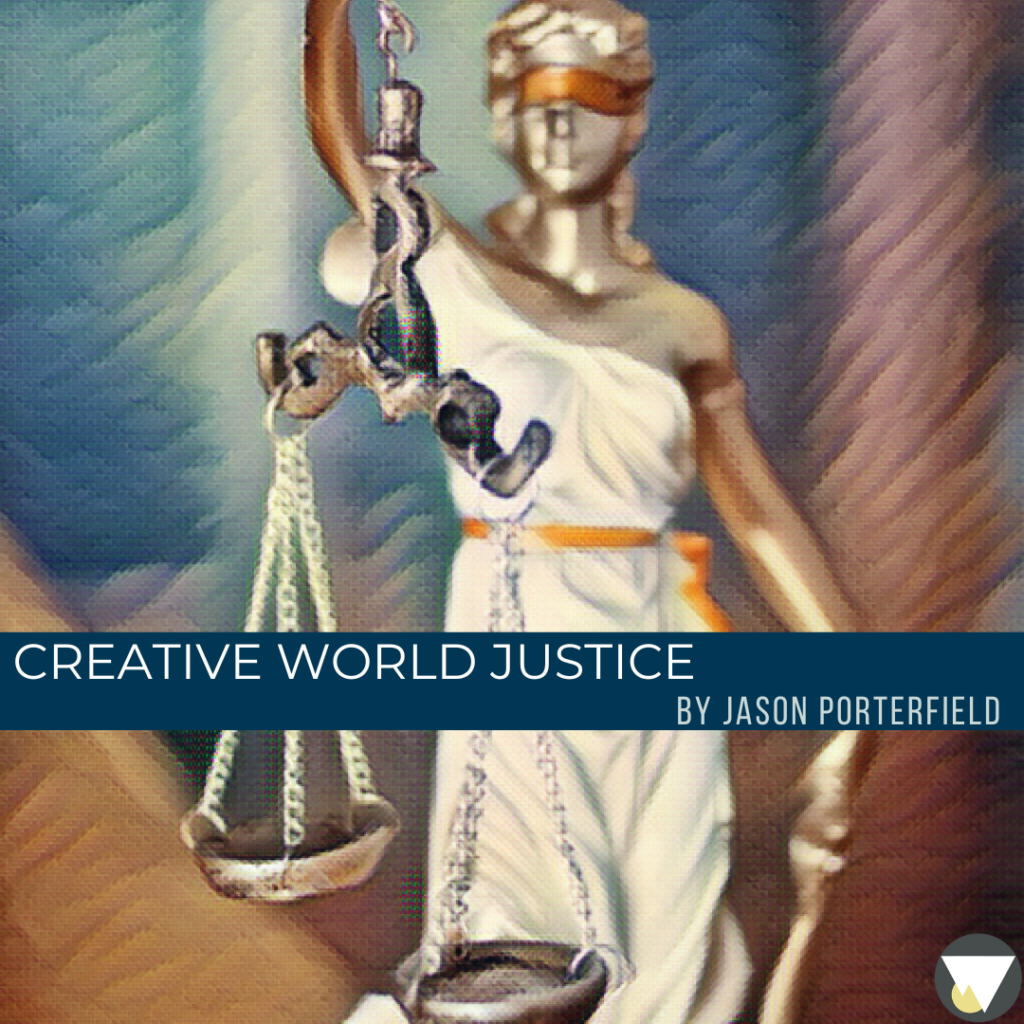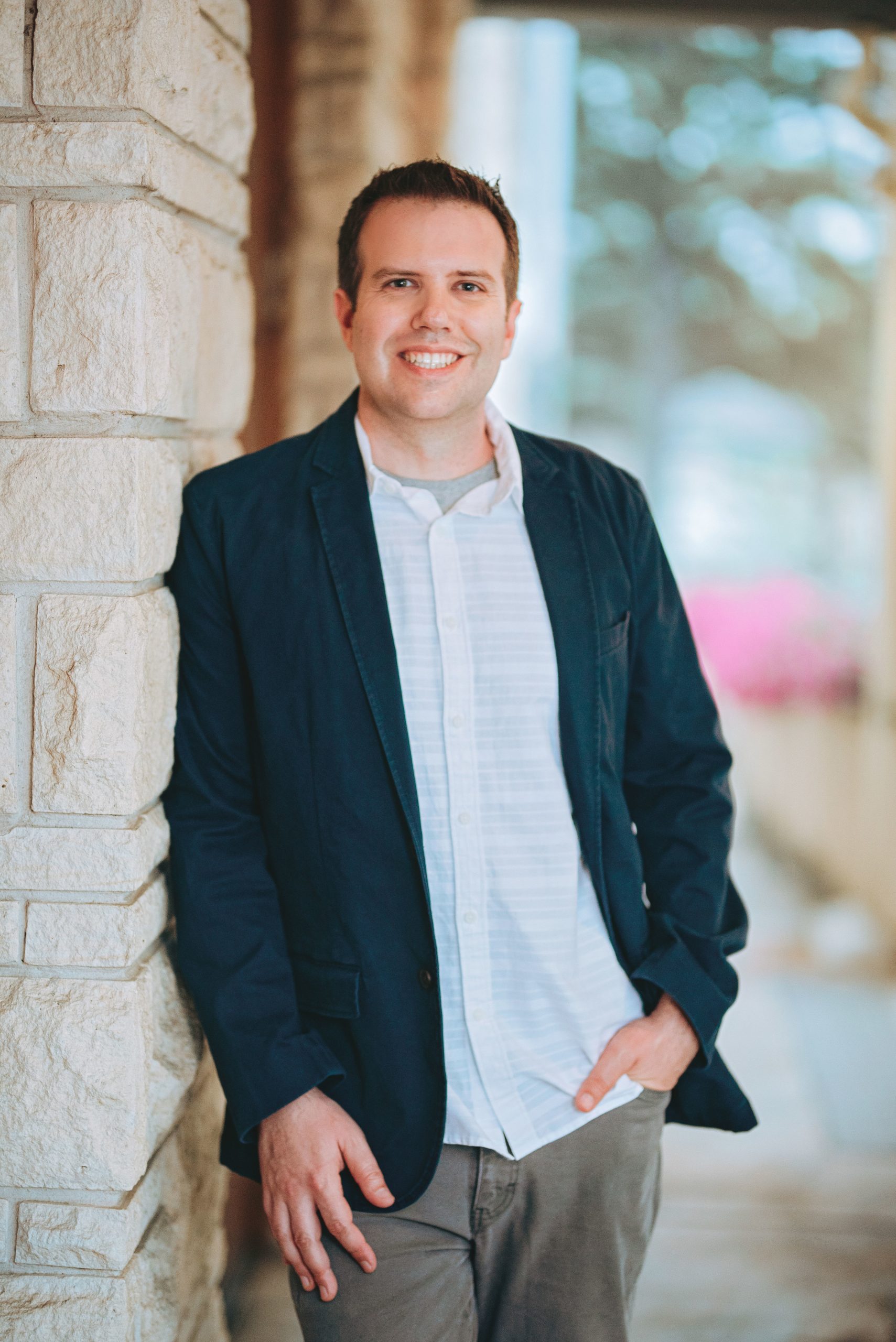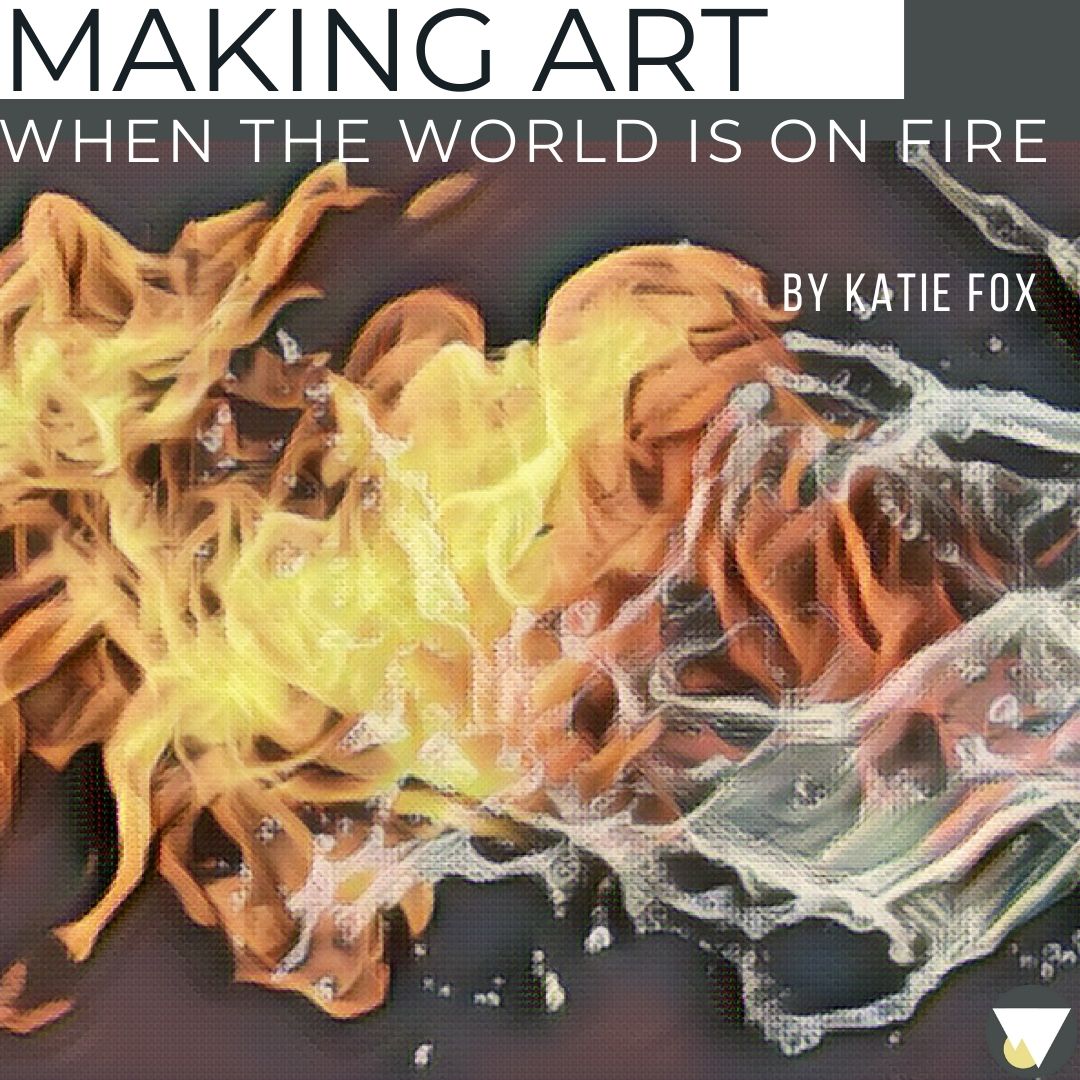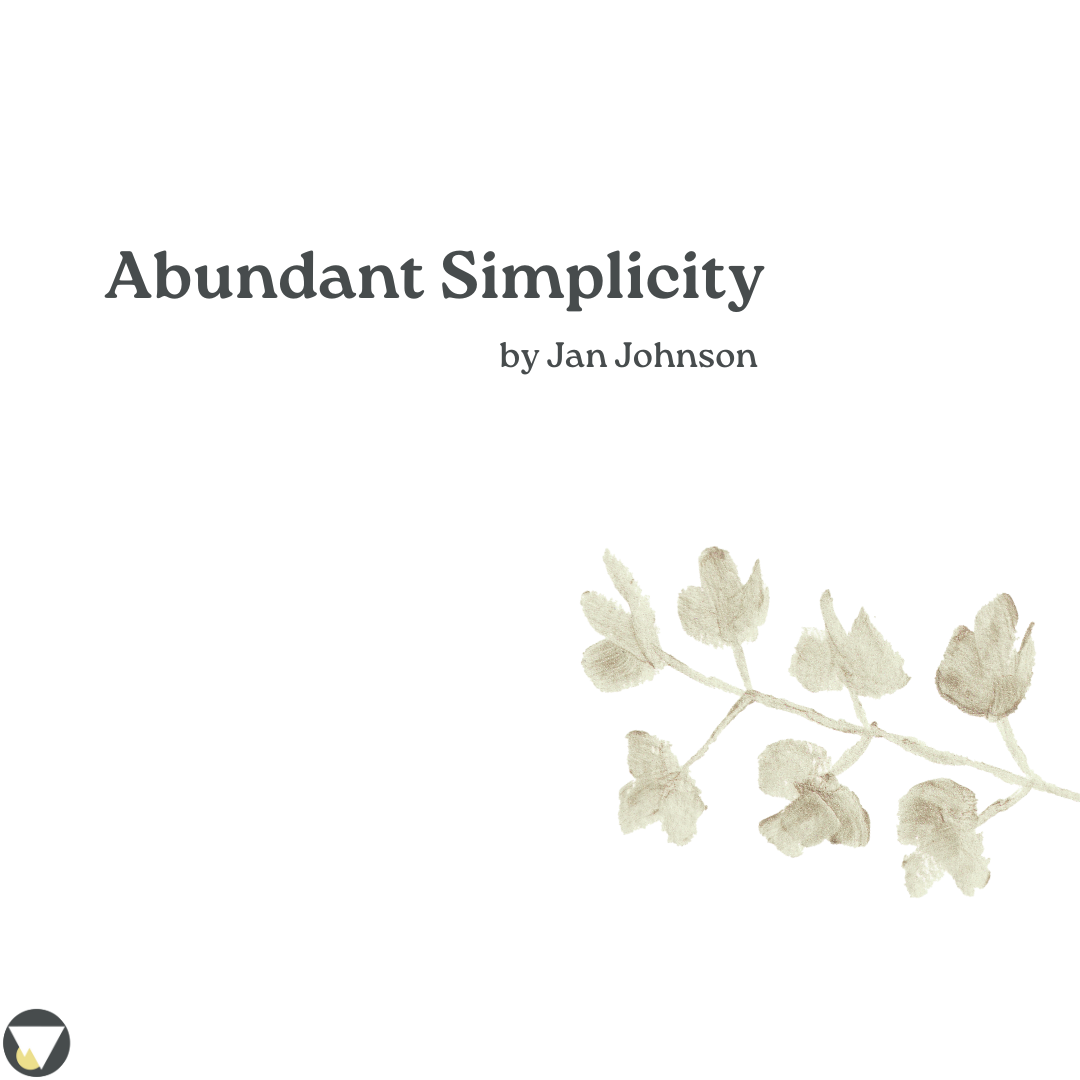Creative World Justice
by Jason Porterfield

Historically, Sunday School has proven effective at helping Christians regularly engage in the study of Scripture. But what might a weekly rhythm look like that helps us regularly put into practice the biblical mandate to do justice? What follows is the story of one such weekly gathering and the fruit that came from it.
In 2007, I joined an international network of Christian communities living and ministering among the urban poor. Most of these communities were located in the slums of Asia. But I felt called to help start their new community in Canada’s poorest urban neighborhood: a section of Vancouver known as the Downtown Eastside (DTES). About a year after moving into the DTES, we began to notice a two-fold pattern. First, many of our homeless neighbors were repeatedly asking how they could help alleviate the injustices they were hearing about from our colleagues in Asia. We loved their desire to help but struggled to think of ways for them to do so. Second, numerous churches outside of our neighborhood were asking us how they could get involved in the DTES. As with our neighbors, we appreciated their desire to help, but again, we struggled to think of constructive ways for them to do so.
Eventually, my teammate Craig Greenfield devised a plan, and so began a weekly gathering we called Creative World Justice (CWJ). Every Tuesday evening, our neighbors and suburban church friends would gather together in our home for a potluck meal. Afterward, we’d relocate to the living room and spend the next couple of hours focusing on one of three stands:
- Some weeks we’d study the Bible to learn about God’s heart for justice and how his prophets of old creatively advanced such justice.
- Other weeks we’d learn about a specific injustice going on in the world, one that we had some sort of personal connection to. We’d often spend weeks or even months on this strand, thoroughly researching the particular injustice.
- And finally, the ultimate goal was to devise creative ways for our group to respond to the particular injustice we had been researching. Such creative actions often took weeks of prayer, brainstorming, and planning before they could be implemented.
The results of these weekly gatherings—which were comprised of a resource-strapped, ragamuffin group of Jesus-followers—was nothing short of miraculous.
One of the first injustices we felt called to address was the lack of protections afforded to foreign domestic workers in Singapore. Many Singaporean households employ Indonesian and Filipino maids. And while employers in Singapore are required to give their employees a day off each week, a legal exception was made for foreign domestic workers. Thus, the majority of foreign maids in Singapore were working in slave-like conditions, with no days off. A friend in Singapore had brought the issue to our attention, and after weeks of researching the issue, we devised a plan. After contacting local newspapers and news agencies, we gathered outside of the local Singaporean consulate office. The women in our group were dressed up as enslaved maids, with tape over their mouths and vacuum cords tied like handcuffs around their wrists. The men in our group held signs with statements and statistics about the unjust working conditions these foreign domestic workers endured. Needless to say, the news agencies loved the visual spectacle, and the story made it into numerous newspapers and evening news reports. The most professional-looking guy in our group came to the event dressed in his finest suit. He went into the consulate and hand-delivered a letter we had written, urging the Singaporean government to amend its laws.
Around the same time, we mailed personalized letters to each of the ten largest churches in Singapore, encouraging them to petition for their government to change its laws and urging them in the meantime to model the change they wish to see. We also pointed out that the Bible explicitly states that a Sabbath day of rest is to be given to maidservants.
By God’s grace, a few months later, Singapore changed its laws and now foreign domestic workers are legally entitled to a day off each week! Did our Creative World Justice group play a role in bringing about this change? We’ll never know. But regardless, the victory inspired us to press on!
Soon after, an Indonesian friend of mine named Adi joined our Creative World Justice group. When he heard about the situation in Singapore, he told our group about how he and countless other foreigners from poor countries endure the same treatment while working on cruise ships. If a cruise ship’s route has it sailing through international waters, then the ship can register in any country. In what’s known as “flags of convenience,” most cruise lines choose to register their ships in the countries with the lowest taxes and the least workers’ rights. These ships often recruit poor workers from countries like Indonesia, Sri Lanka, and the Philippines. They offer to pay for these workers to get their passports, but then they hold onto those passports until the workers are able to pay them back (with exorbitant interest). What these workers aren’t told beforehand, is that it will take years for them to pay off this debt and get their passports back. In the meantime, they are literally enslaved and not able to leave the cruise ship when docked.
After hearing Adi’s story and thoroughly researching the issue, we knew we needed to act. A number of cruise ships just so happened to dock a mile from our house. Since the visual spectacle of dressing up as enslaved Singaporean maids had worked so well, we devised a similar plan. This time about a hundred of us dressed up as the Pirates of Justice, and we marched our way down to the cruise ships. Once again, numerous news agencies came out to record the visual spectacle.
After this gathering, a Canadian working in the theatre department of one of these cruise ships contacted us. She had seen us on the news and wanted to help. Like us, she too was deeply burdened by the work conditions her poorer colleagues endured. After weeks of creative brainstorming, we had hatched another plan. Through the Canadian cruise employee we had gotten to know, we smuggled a hundred disposable cameras onto her ship and distributed them to her Indonesian and Filipino colleagues. Each camera included instructions, inviting these workers to document their work conditions in writing and with pictures. When we finally received the cameras back and translated their stories, some artists in our group created an art exhibit. We rented an art studio, hung the now-framed pictures and stories on the wall, and then opened up the exhibit for the entire public to tour for free.
These are but two examples of how our weekly Creative World Justice gathering sought to advance God’s justice in the world. I hope you’ll consider starting a similar gathering. And if you do, I can’t wait to hear the stories of justice-making that you’ll one day tell.
ABOUT THE AUTHOR

JASON PORTERFIELD
has made his home in places abandoned by society, from Canada’s poorest neighborhood to the slums of Indonesia. His passion is to cultivate God’s shalom wherever it is painfully absent and to help churches embrace their peacemaking vocation. In 2007, Jason joined Servants (servantsasia.org), an international network of Christian communities living and ministering among the urban poor. He was a founding member of the Servants team in Vancouver, started a new team in Indonesia, and directed operations in North America through 2015. Jason holds a master’s in theology from Fuller Theological Seminary and now lives in his riskiest location yet: next door to his in-laws.
We love to collaborate with conversationalists. Connect with us to have your work featured on The Holy Shift.






